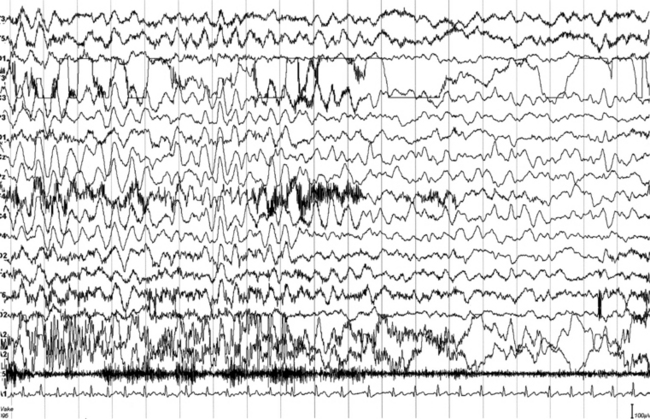

Parasomnias, on the other hand, don’t always follow a set pattern and often don’t terminate. Every time a seizure occurs, it may be easy to identify the beginning and end of the episode. To aid in the process of diagnosis, having a written or video record of what transpires during the incident can be beneficial. Parasomnia and seizures are two different things, and it can be hard to determine the difference between them at times. Unusual movements or sounds may be a symptom of parasomnia. Some portions of the brain are awake, while other parts are sleeping. These include sleepwalking, night terrors, and other forms of sleepwalking (where a person suddenly wakes from sleep in a state of panic or fright). ‘Parasomnias’ are a type of sleep disorder in which strange events are associated with sleep. Screams, jerks, unusual postures, and wandering in the middle of the night are all examples of nocturnal twitching. Seizures in the frontal lobe frequently occur in ‘clusters,’ but are usually brief. Frontal lobe epilepsy is a kind of epilepsy in which seizures can occur both while a person is awake and while they are in REM sleep. Sleep seizures, also known as nocturnal seizures, can occur in persons with epilepsy while they are asleep, about to fall asleep or just waking up. Some AEDs, on the other hand, can help with sleep quality by lengthening the period of deep sleep. There are certain that can lead to sleep disturbances or insomnia. Several AEDs are sedatives and have been linked to fatigue. It is possible that AEDs can have varying effects on sleep, depending on the dosage. Do anti-epileptic drugs affect sleep?Īnti-epileptic drugs (AEDs) might have negative effects for certain people, just like any other treatment. Seizures can disrupt sleep patterns for up to a week or more for some people. Seizures at any time of the night can impair sleep, and seizures during the day might affect sleep for the following night as well. Some varieties of epilepsy can cause a person to have a seizure as soon as they wake up and for the next several hours. Are there links between seizures and sleep?Ī lack of sleep, for example, can be a cause for seizures in certain people. Additionally, it can have an effect on our mood and the functioning of our immune system. Memory and judgment might be harmed by a lack of sleep. Theoretically, this may help us make sense of our thoughts and ideas, as well as our feelings and memories associated with them. It’s not entirely apparent what REM sleep and dreaming are for. During REM sleep, the brain works to sort out all the information it has gathered during the course of our waking hours. When you’re in the next stage of deep sleep, that’s when you have the most vivid dreams. In addition to aiding the body’s recovery from the day’s activities, a good night’s sleep also aids the brain in its own recovery. NREM sleep is thought by scientists to be critical to the development of long-term memories and the strengthening of connections between brain cells. During deep sleep, sleepwalking and night terrors are more likely to occur than during light sleep. In this stage, we are often unclear if we are awakened. It becomes increasingly difficult to be roused from a deep slumber as delta waves rise.Our breathing and pulse rate drop down and our brain produces ‘delta waves,’ a type of brainwave associated with deep sleep. Stage three is a deep state of slumber (sometimes called slow-wave sleep).Stage two: As we move from stage two to stage three, deep sleep, our heart rate and breathing slow down even further, increasing the risk of seizures for those with epilepsy.Stage one – during this initial stage of NREM sleep, our muscles begin to relax and we are able to be awakened up easily.Sleep is broken down into stages of non-rapid eye movement (NREM) and light and deep sleep (REM).The two types of sleep, which alternate in frequency and duration, occur in an alternating pattern. During the various stages of sleep, the brain’s activity alters. The brain is active while we sleep, digesting information that aids our cognitive development. 14.7 Do The Same “Rules” Of Sleep Apply For Children? Are there links between epilepsy and sleep?Įpilepsy and sleep are intertwined in a myriad of ways.


 0 kommentar(er)
0 kommentar(er)
